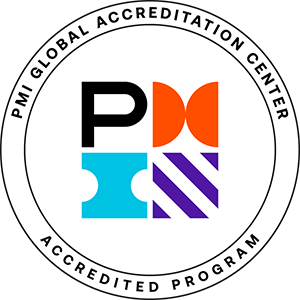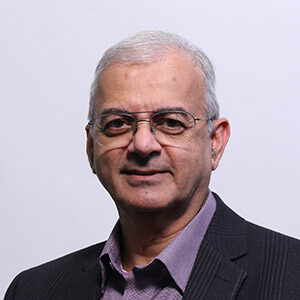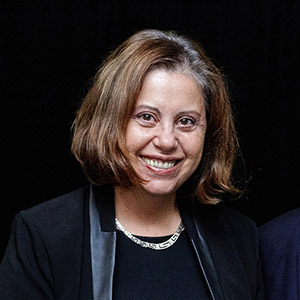Degrees & CertificatesFacultyNews & Events
BU MET offers a broad range of degrees and certificates in the area of information technology , and whether you come to our Boston campus to take class during the evenings , study online, or pursue your education via a balance of on-site and at-home learning, you’ll learn from committed, top-quality faculty with measurable achievements in their fields. Plus, we offer the preparation you need to succeed in the industry—whether you want to enhance your career, or change it.
Degrees
BS in Computer Science
MS in Applied Data Analytics
MS in Applied Data Analytics, AI & Machine Learning Concentration
MS in Applied Data Analytics, Data Engineering Concentration
MS in Computer Information Systems
MS in Computer Information Systems, Computer Networks Concentration
MS in Computer Information Systems, Cybersecurity Concentration
MS in Computer Information Systems, Data Analytics Concentration
MS in Computer Information Systems Database Management & Business Intelligence Concentration
MS in Computer Information Systems, Digital Forensics Concentration
MS in Computer Information Systems, Health Informatics Concentration
MS in Computer Information Systems, IT Project & Product Management Concentration
MS in Computer Information Systems, Web Application Development Concentration
MS in Computer Science
MS in Computer Science, AI & Machine Learning Concentration
MS in Computer Science, Computer Networks Concentration
MS in Computer Science, Data Analytics Concentration
MS in Computer Science, Security Concentration
MS in Health Informatics
MS in Health Informatics, Applied Data Analytics Concentration
MS in Health Informatics, Health Information Management Concentration
MS in Software Development
Certificates
Advanced Information Technology Graduate Certificate
Applied AI & Machine Learning Graduate Certificate
Computer Science Undergraduate Certificate
Computer Networks Graduate Certificate
Cybercrime Investigation & Cybersecurity Graduate Certificate
Data Analytics Graduate Certificate
Database Management & Business Intelligence Graduate Certificate
Digital Forensics Graduate Certificate
Health Informatics Graduate Certificate
Information Security Graduate Certificate
Information Technology Graduate Certificate
IT Project Management Graduate Certificate
Medical Information Security & Privacy Graduate Certificate
Software Engineering Graduate Certificate
Web Application Development Graduate Certificate
Rankings & Accreditations

#12, Best Online Master's in Computer Information Technology Programs MET’s online master’s degrees in computer information technology are ranked #12 in the nation by U.S. News & World Report.

A National Center of Academic ExcellenceBoston University is a National Security Agency (NSA)-designated Center of Academic Excellence (CAE) in Cyber Defense and Research for its MS in Computer Information Systems concentration in Cybersecurity.

CAHIIM AccreditedBU MET’s MS in Health Informatics and MS in Computer Information Systems concentration in Health Informatics are accredited by the Commission on Accreditation for Health Informatics and Information Management Education (CAHIIM).
 The GAC Accredited Program seal is a mark of Project Management Institute, Inc.
The GAC Accredited Program seal is a mark of Project Management Institute, Inc.
PMI Global Accreditation Center for Project ManagementBU MET’s MS in Project Management and MS in Computer Information Systems concentration in IT Project & Product Management are accredited by the PMI Global Accreditation Center for Project Management Education Programs (GAC).
Explore Further
Learn more about advancing your opportunities with a BU MET education.Browse Our Courses
View a list of all the courses we offer, including course descriptions and schedules.Computer Science & IT Faculty
View All Faculty






















